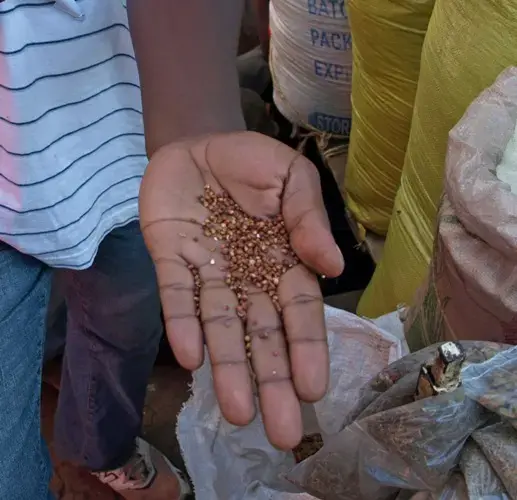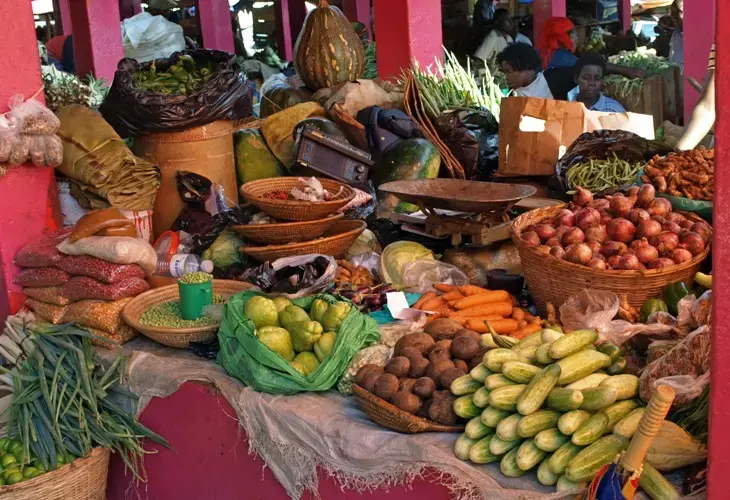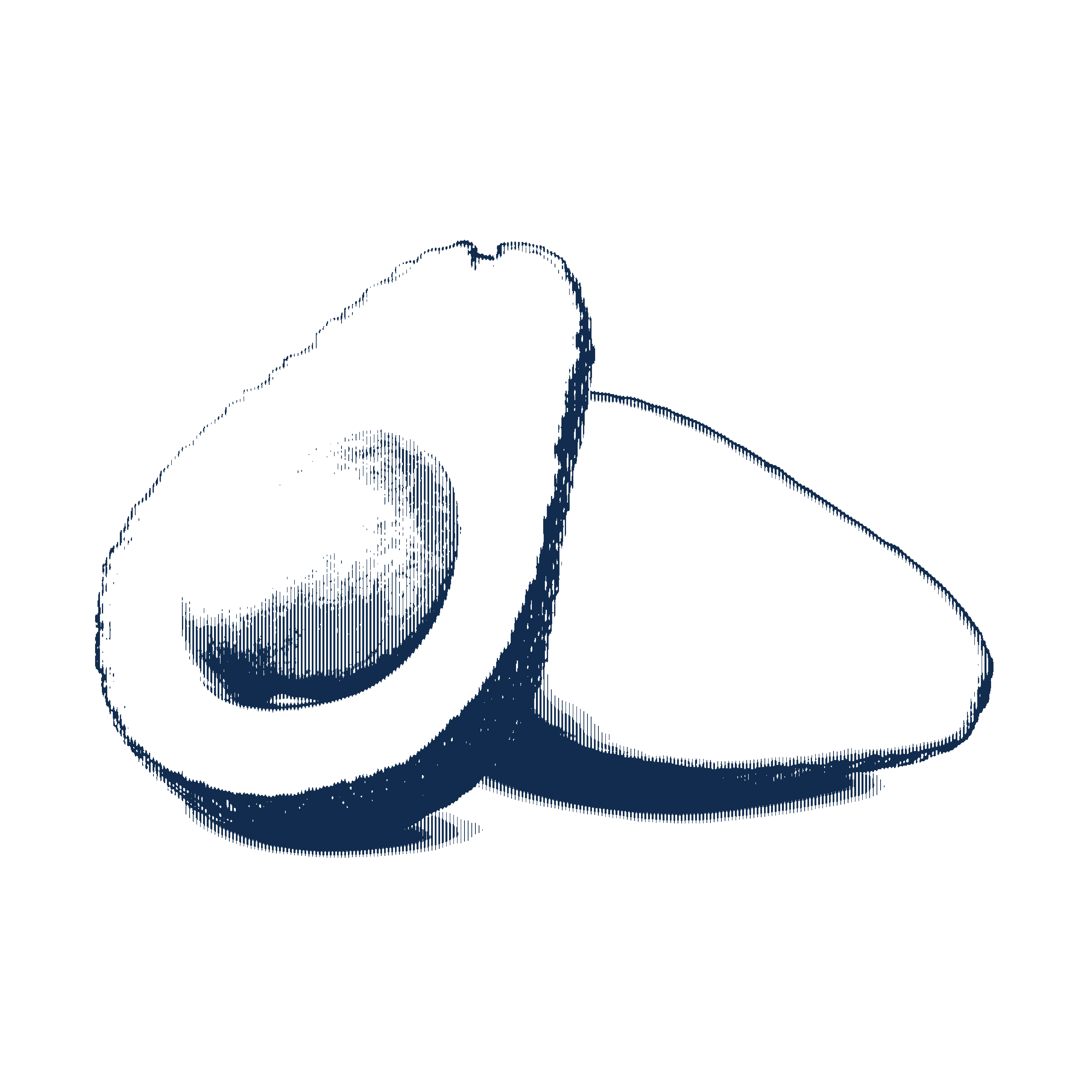At open-air farm markets, Mawe Robbins and James Ockira were the only vendors I could find selling whole kernels of wheat.
The markets offered a plentiful display of bounty from Uganda's rich and fertile soil. There were beautiful mounds of bananas, passion fruit, tomatoes, beans and other produce. But, unlike so many other parts of the world, wheat is not a major crop here.
Even so, I'm looking for it because the first report of the wheat stem rust disease I'm in Africa to cover came from Uganda in 1999. Thus, scientists call it UG99. I've learned that the signs of the fungal disease were discovered in a plot at a research station in Uganda's western highland rather than in farmers' fields.
There are wheat growers in those highlands; Robbins and Ockira bought their two bags of wheat from that region. But the ranks of wheat growers here are very small. And scientists say the stem rust outbreak probably started in neighboring Kenya where wheat is a major crop. It just wasn't recognized and reported there until after 1999.
Meanwhile, the lack of wheat in Uganda has become fascinating in itself. Abdu Musubire, a young doctor I met in Kampala, agreed to take me to his hometown where residents work small farms. It was in the Mbigi district about three hours' drive from the capital city, climbing through mountain villages.
Of course, the roads were awful. (I say that in every blog, but it's worth noting because the lack of decent highways for moving crops to market is a major barrier for Africa's farmers and also a major focus for some of the aid organizations that seek to help those farmers.)
Musubire's mother served fruit juice and cassava wedges which had been lightly salted and then steamed in banana leaves. They were delicious. Cassava takes the place of wheat bread for the family, they explained. They have several ways of preparing it. One, that comes close to the bread and flour tortillas that are eaten elsewhere, is a pancake made of crushed cassava and banana. It can be eaten alone or as a wrapper for other food.
That is not to say Ugandans don't like wheat bread. They buy it for holidays and the occasional Sunday, Musubire said.
Robbins and Ockira said a few of their customers buy the whole grain as a specialty item to make a healthy porridge.
That demand was dwarfed at the markets, though, by the shoppers who came looking for other things to eat.








